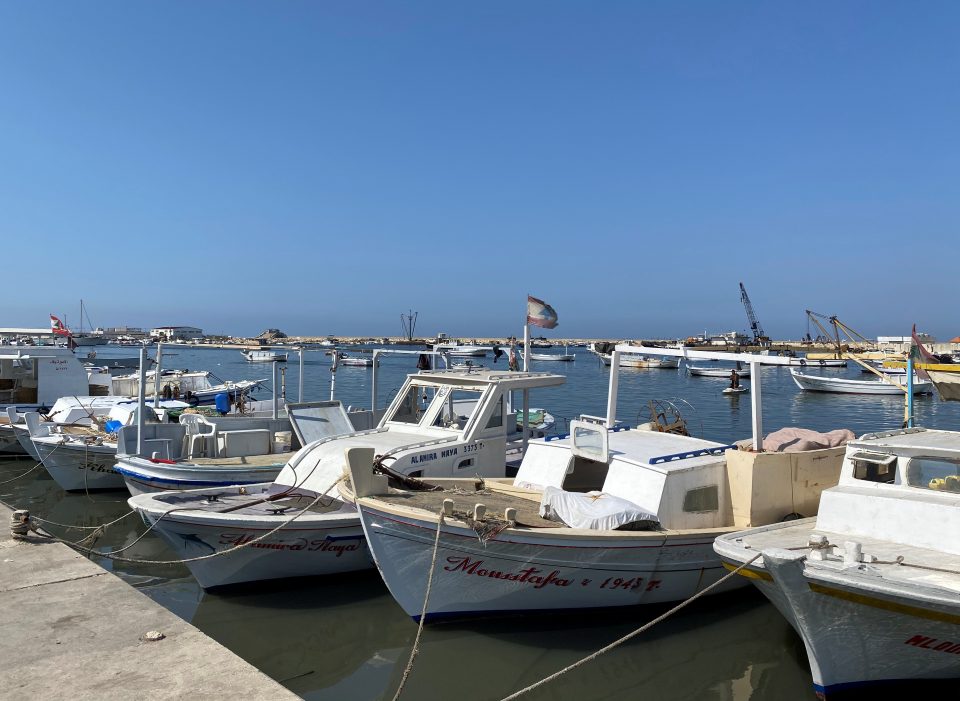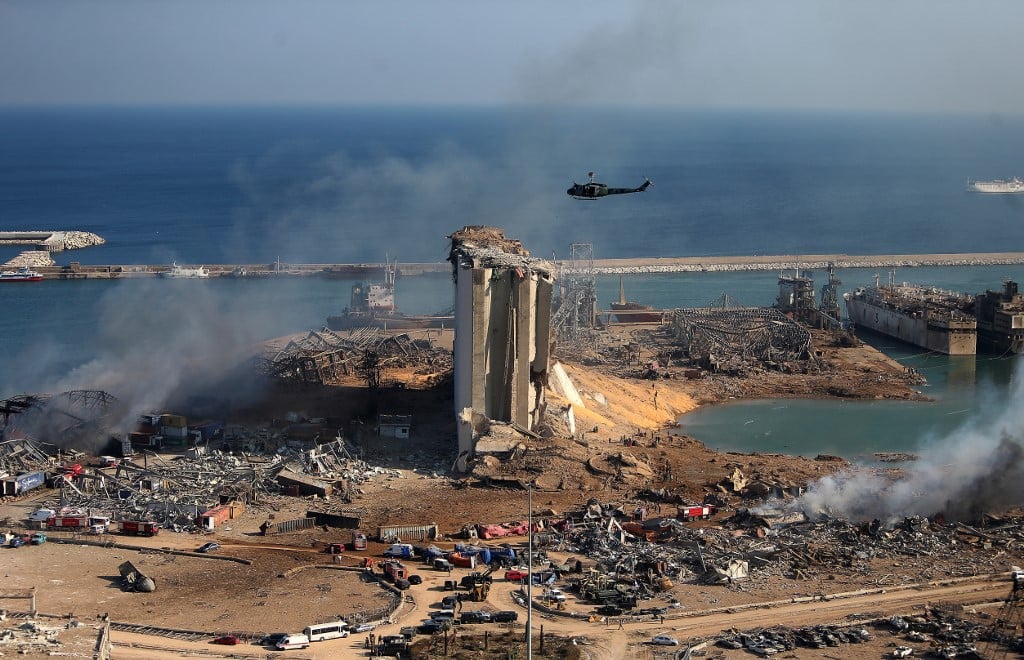
by cyprus-mail.com — Jonathan Shkurko — Cypriot coast guard forces summarily pushed back, abandoned, expelled or returned more than 200 migrants, refugees, and asylum seekers coming from Lebanon during the first week of September 2020 without giving them the opportunity to lodge asylum claims, a Human Rights Watch report released on Wednesday said. People involved reported they were threatened by both Greek and Turkish Cypriot coast guards and claimed that Greek Cypriot coast guard vessels circled them at high speeds, swamping their boats, and in at least one case abandoned them at sea without fuel and food. They also said their asylum claims were ignored and that in some cases Greek Cypriot marine police officers beat them. “Lebanese nationals are now joining Syrian refugees on boats to flee Lebanon and seek asylum in the EU, due to the severity of the crisis facing that country,” said Bill Frelick, refugee and migrant rights director at Human Rights Watch. “Cyprus should consider their claims for protection fully and fairly and treat them safely and with dignity instead of disregarding the obligations to rescue boats in distress, and not to engage in collective expulsions.”
The report saud Human Rights Watch interviewed 15 Lebanese and Syrian nationals who left Lebanon and entered or attempted to enter Cyprus or its territorial waters on one of seven boats between August 29 and September 7. UN peacekeepers in Lebanon rescued them on September 14, after at least 13 people had died or been lost at sea. According to Reuters, Cypriot authorities returned 230 people to Lebanon between September 6 and 8, a claim substantiated by the UN High Commissioner for Refugees, who reported that people left Lebanon irregularly on 18 boats between August 29 and September 14, with five of them intercepted by the Lebanese naval forces while in Lebanese territorial waters.








